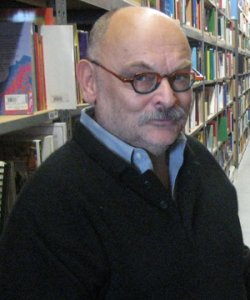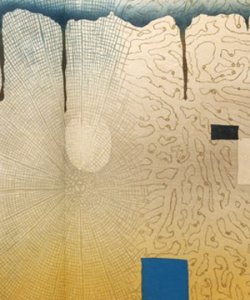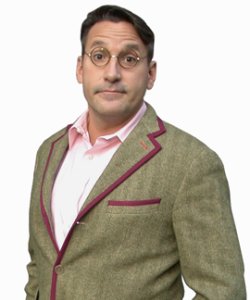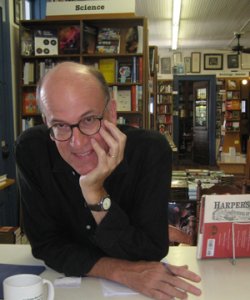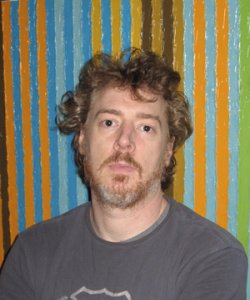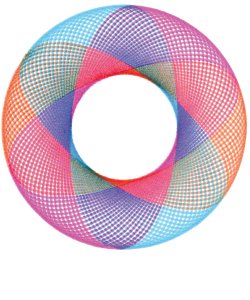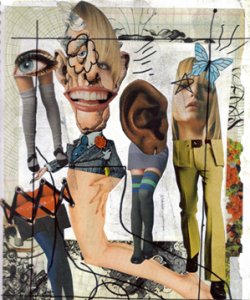Our Readers' List of the Most Inspiring Authors in the World
After we sharerd our list of the fifty most inspiring authors in the world, we asked our readers to add their favorites. Culled from the responses on pw.org and our Facebook page, here are the results.





